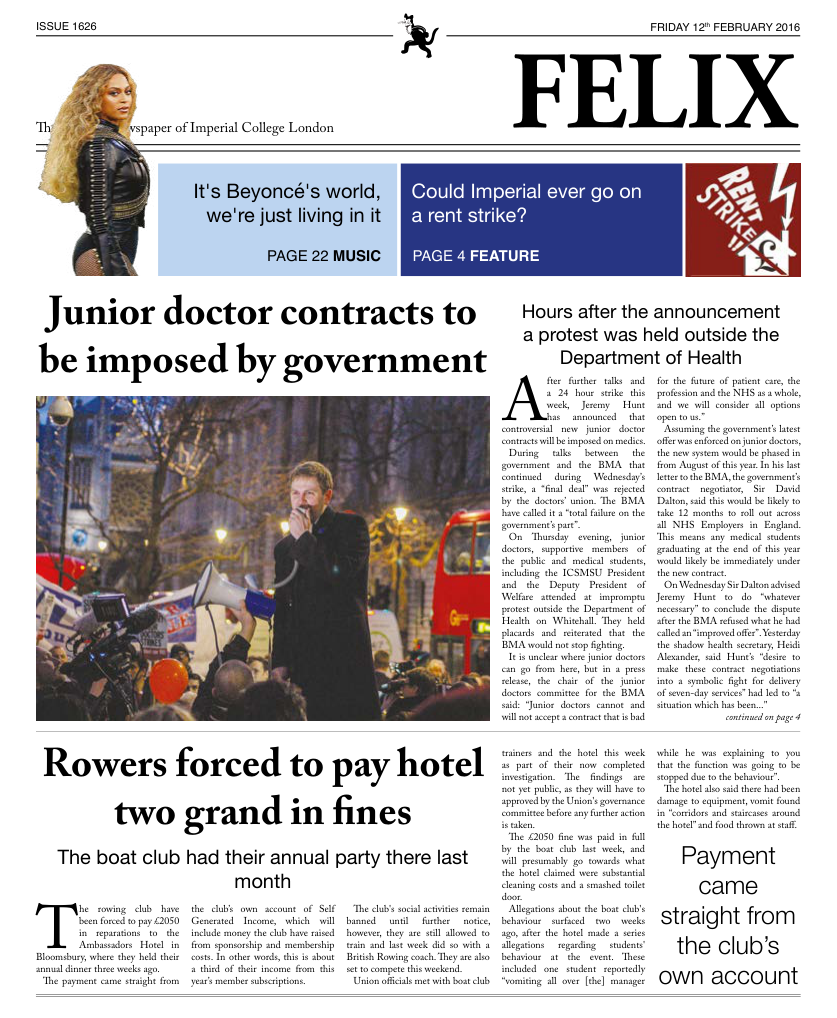Iron supplement safety questioned
Imperial research suggests iron uptake through supplement use may damage cells

An investigation of the genetic mechanisms activated in reaction to the elevated iron concentration, and a subsequent examination of the cells in higher detail, revealed that just within ten minutes, cells treated with the iron solution had activated DNA repair systems, which were still activated six hours later.
Of course, the idea that excessive iron can cause serious damage to the human body isn’t a new one. Iron overload and iron related toxicity can cause mitochondrial damage, cytotoxicity and apoptosis and promote problematic growth of fibrous and cancerous tissues.
However an insufficient amount of iron in the body can also be unhealthy. Iron deficiency can cause anaemia, in turn causing a range of symptoms, such as tiredness, lethargy, a shortness of breath, and headaches.
Iron deficiency is in fact so widespread that six million prescriptions are issued each year for iron tablets in England and Wales alone, and it is estimated that it affects over 3.5 billion people worldwide.
With the consumption of such great quantities of iron supplements, it is crucial to further investigate potential health risks.
As put by Dr Shovlin, ‘’This study helps to open the conversation about how much iron people take. At the moment, each standard iron tablet contains almost 10 times the amount of iron men are recommended to eat each day – and these dosages haven't changed for more than 50 years. This research suggests we may need to think more carefully about how much iron we give to people, and try and tailor the dose to the patient."
So maybe have a chat with your GP before throwing out your iron tablets.








